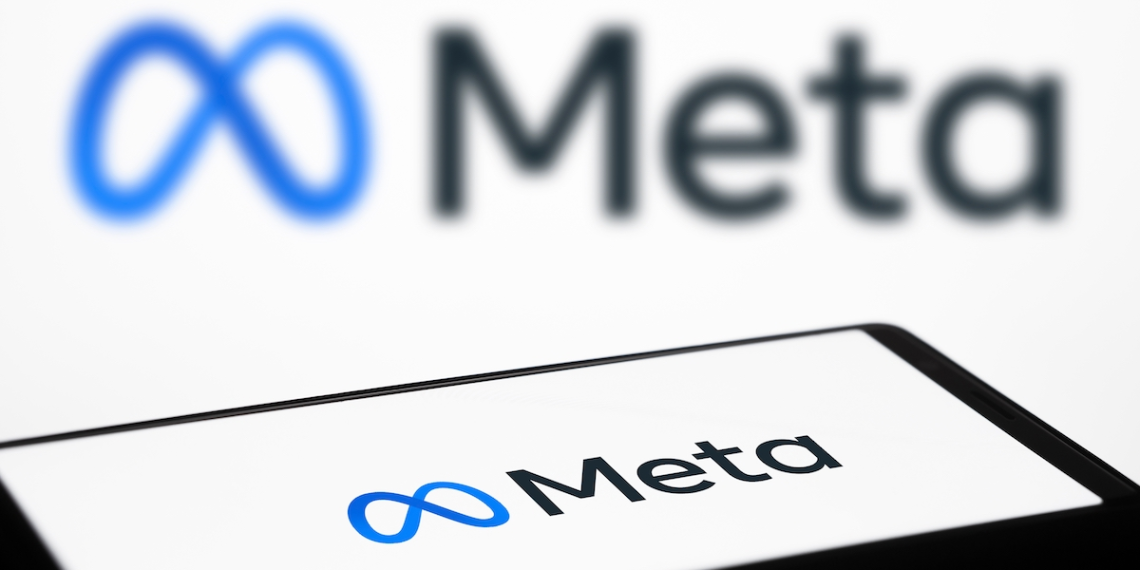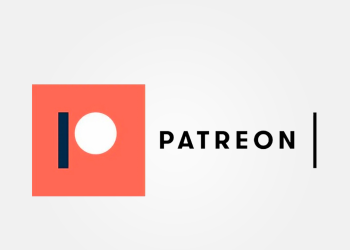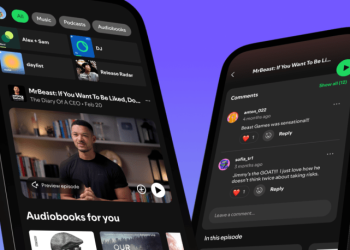Meta just scored a big legal win — and it could have major implications for digital privacy and platform security.
A U.S. court has ruled in favor of Meta in a case against a malware developer who was scraping user data from its platforms using malicious tools. The decision reinforces Meta’s ongoing fight to protect its ecosystem from unauthorized data collection, especially when done through spyware or backdoor tactics.
What Happened?
The defendant was found to be using malware to stealthily extract user information from Meta’s platforms without permission — a serious violation of both privacy norms and Meta’s platform policies. The court agreed with Meta’s argument that these actions were not only unethical but also illegal.
The win helps solidify legal precedent against developers who use hidden software or code to mine user data, a tactic that has increasingly raised red flags across the tech industry.
Why It Matters
This isn’t just about one case — it’s part of a broader trend. As AI tools and automation make data scraping easier than ever, platforms like Meta are under pressure to crack down on abuse and show users they’re serious about privacy.
The court’s ruling sends a clear message: if you use malware to scrape data, you’ll be held accountable.
Bumbel’s Take
Data scraping has long existed in a legal gray area — especially when it comes to public content. But this case takes things a step further, dealing specifically with malware-powered scraping. And that’s a line the courts (and platforms) are no longer willing to tolerate.
For developers and companies, this is a reminder: build responsibly, and respect user privacy from the ground up.









Discussion about this post